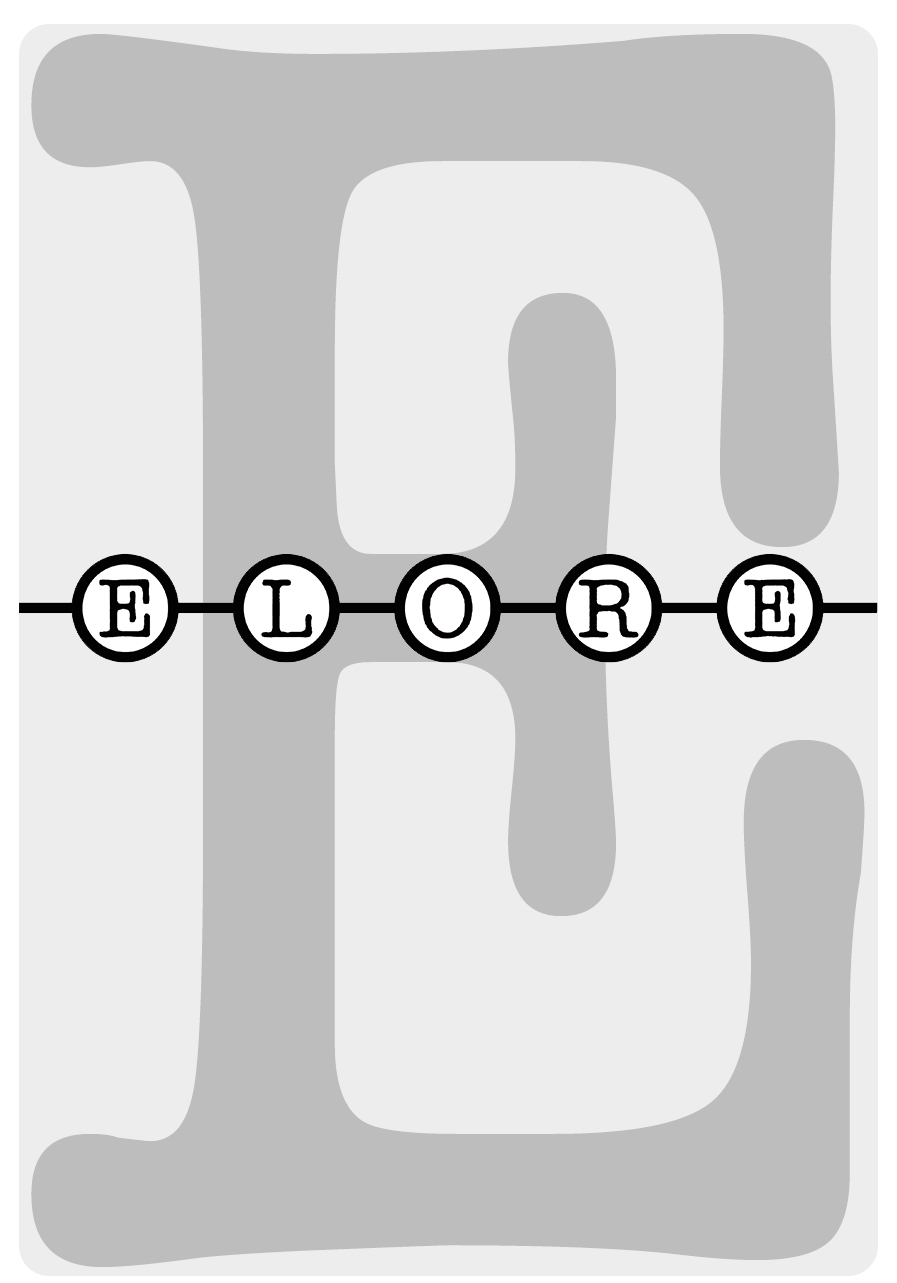Vapauden merkitys lumilautailukulttuurissa
DOI:
https://doi.org/10.30666/elore.78669Abstrakti
The article examines the different ways in which snowboarders in Finland perceive the experience of freedom. The ideal of freedom in snowboarding is manifested through various cultural practices, such as, for example, hanging out with friends, learning new tricks and techniques, taking it to the edge, i.e., riding faster and more impressively, as well as competing outside the official regime of the sports world. It can be argued, that snowboarding plays an important role in the everyday lives of those interested in riding, which further contributes to the system of values characteristic of the sport. On a more general level, the article discusses the process of commercialization and its implications for the youth culture within the Western society. The method of inquiry used in the study is ethnographical in its nature and it focuses on the question why snowboarders find riding essential to their everyday lives in the first place. The concept of freedom, which lies at the heart of the analysis, is constructed primarily from the snowboarders´ point of view, with the intention of shedding light upon the ideological structure of the sport as a whole. The research material employed in the study consists of theme interviews (n=35) and an openended questionnaire (n=745) published on the two major Finnish snowboarding web-sites.Tiedostolataukset
Julkaistu
Viittaaminen
Numero
Osasto
Lisenssi
Lehti noudattaa ns. timanttista avoimen julkaisemisen mallia: lehti ei peri maksuja kirjoittajilta ja julkaistut tekstit ovat välittömästi avoimesti saatavana tiedelehtien Journal.fi-palvelussa. Toimittamalla artikkelin Eloreen julkaistavaksi kirjoittaja suostuu syyskuusta 2024 alkaen siihen, että teos julkaistaan CC BY 4.0 –lisenssillä.Lisenssin mukaan muut saavat kopioida, välittää, levittää ja esittää tekijänoikeuksiin kuuluvaa teosta sekä sen pohjalta tehtyjä muokattuja versioita teoksesta vain, jos he mainitsevat lisenssin, alkuperäisen julkaisun (linkki tai viite) ja kirjoittajan alkuperäisenä tekijänä. Kaikki tehdyt muokkaukset on ilmoitettava.
Tekstien tekijänoikeus säilyy kirjoittajilla ja julkaistun version rinnakkaistallennus on sallittua. Tämä koskee myös ennen syyskuuta 2024 julkaisuja tekstejä. Rinnakkaistallenteessa tulee näkyä Eloren julkaisutiedot.
Julkaistujen artikkeleiden metadatan käyttölisenssi on Creative Commons CC0 1.0 Universal.





